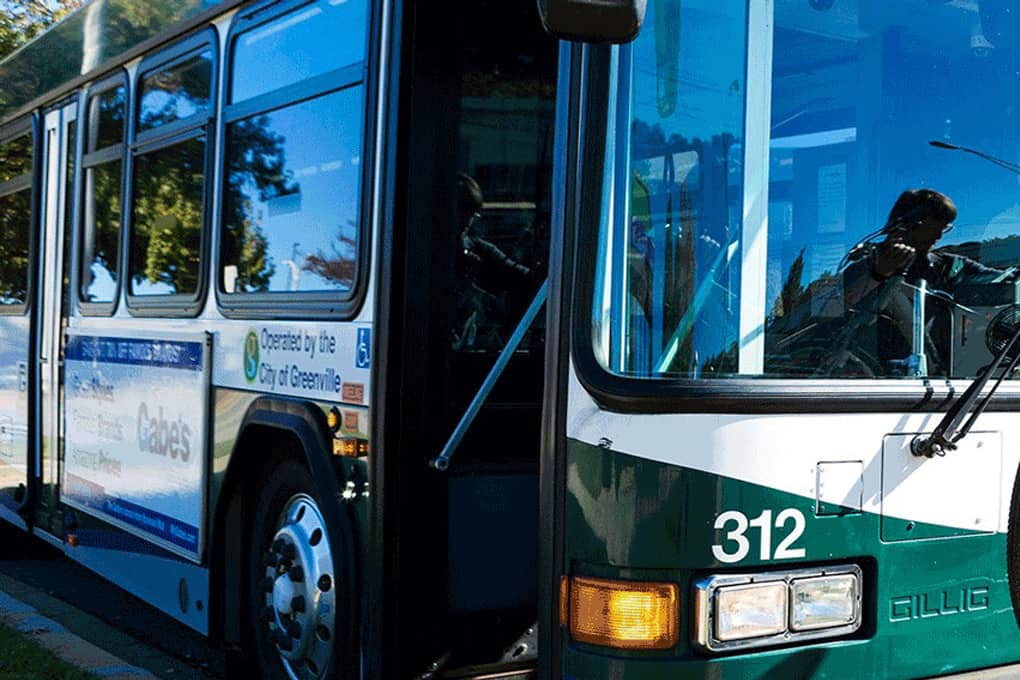After a brief hiatus to try a case in business court and close a few deals, we are finally getting back to the blog. The article below was published in last week’s edition of the Greenville Journal, and I hope everyone will give some thought to the importance of building the infrastructure necessary to get people to their jobs. If you like it, send this to your friends. If you hate it, send it to your enemies.

For the last three months, I have ridden the bus to work. Living close to downtown, my average commute is 9 minutes. The bus stops 1 block from my house and drops off next to the parking garage where I used to pay $80 a month to let my car depreciate in the shade. Total cost of a bus pass: $1.50. The bus runs every hour and has never been more than 5 minutes late. The drivers are friendly and the buses are clean. For my location and my commute, it’s a no-brainer. So I sold my car.
I admit, however, that I didn’t go whole hog out the gate. I tried this as an experiment for the first month because my job takes me places the bus won’t go. Enter Uber. When filling in the transit gaps with Uber, I have been able to travel anywhere I need to be for work and play. Moreover, the cost of taking Uber everywhere is still less than the total cost of car ownership if you have to park in a garage downtown. My kids are always in my wife’s car, and it works just fine for a family. (Who wants to move car seats anyway?) So why invest in transit infrastructure when you can Uber everywhere? Well, everyone can’t afford Uber, much less the cost of a car, yet even cold-hearted Mr. Burns understands economies of scale. Even though I am a red-blooded, gun-toting, free-market conservative, I tell you that refusing to invest in transit is economic suicide.
Urban density is how cities grow and prosper. This was made abundantly clear last month in a presentation to our County Council by Urban3. As I wait for the bus each morning, I have noticed that at least 90% of the passing cars have a single occupant. They drive alone to work and park in a garage or parking lot that generates almost no economic return—creates zero jobs. Consolidating the logistics of moving people would free up valuable real estate and worker productivity lost in traffic. It would also eliminate the biggest threat facing Greenville. We will choke ourselves out and wither on the vine if we allow the weeds of congestion to overtake us.
Our greatest challenge as a community is maintaining healthy growth, and the only way to protect equal opportunity and quality of life is to build the infrastructure necessary for people, goods, and capital to move freely within our economy. If our people can’t get to work, nothing else matters.
Check out the bus routes on the Greenlink website or use Google Transit to plan a trip. Ride the bus or the trolley. Talk to your officials at County Counciland City Hall. Ask them to support transit. You can read about all the improvements coming to Greenlink, but we need dedicated, local funding to roads and transportation. After all, you have invested in a job and a home here. Don’t you want that investment to prosper?
George Campbell is an attorney in Greenville and serves on the Board of Directors for the Greenville Transit Authority.




